Youth Ignoring Zebra Crossings: A Wake-Up Call for All Citizens
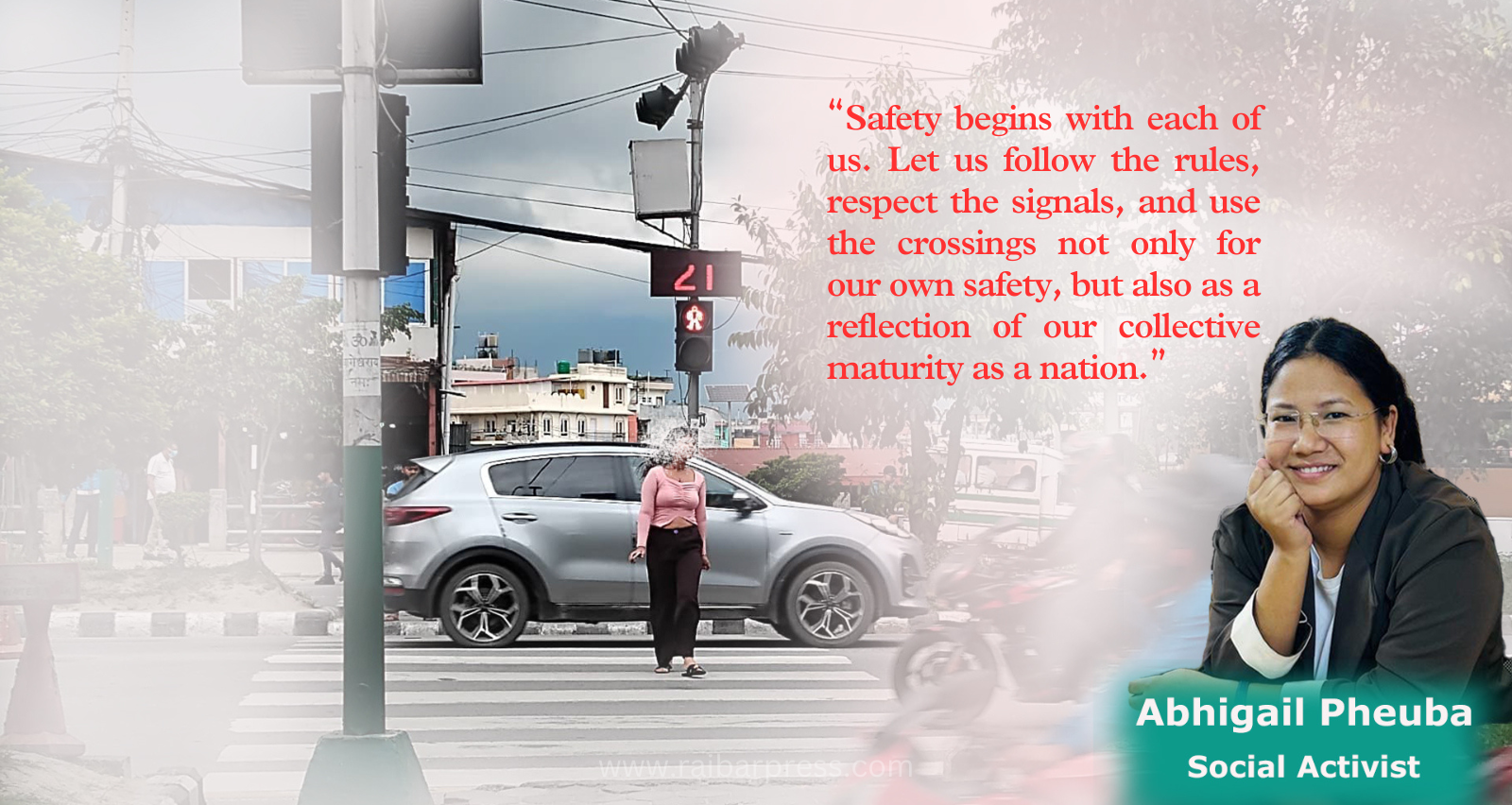
Putalisadak, Kathmandu – A growing concern is unfolding in the heart of Kathmandu, at the ever-busy Putalisadak Chowk: the increasing disregard for zebra crossing rules and traffic signals, particularly among the youth.
“I feel compelled to write this article because what I witnessed deeply concerns me. It is the youth who will one day become the pillars of our nation who are neglecting the very civic rules they should uphold. If they cannot prioritize their own country’s basic road safety norms today, how will they carry the responsibility of the nation tomorrow?”
While it may appear to be a minor civic lapse, this negligence carries serious implications for public safety and discipline not only in Kathmandu but across the entire country. Each day, scores of pedestrians, especially students and young adults, are seen ignoring zebra crossings, even as they prepare to move abroad to countries where such rules are strictly enforced. The contradiction is stark: how can we expect to become responsible global citizens if we fail to respect fundamental civic norms at home?
But the problem extends beyond the youth. Office-goers, local residents, and even the elderly are regularly observed crossing roads without regard for traffic lights or pedestrian zones. These black-and-white lines on the street are not just painted stripes; they represent order, protection, and mutual respect on the roads.
At Putalisadak’s four-way intersection, traffic officers often struggle alone to manage the flow of both vehicles and pedestrians. In many instances, a single officer is tasked with regulating the movement of dozens of people many of whom ignore signals altogether.
“This isn’t just an enforcement problem,” explained one on-duty traffic police officer. “This is a serious awareness issue. People are either unaware or indifferent, and both are dangerous.”
The reality is sobering: failure to follow traffic rules is not only a threat to individual lives but also a reflection of our collective attitude toward civic responsibility. The consequences of this negligence can be fatal. Respecting zebra crossings and traffic lights is not optional it is essential for the safety of everyone who steps onto the road.
While Putalisadak stands as a prominent example, the issue is by no means confined to Kathmandu. This is a nationwide concern. All citizens from cities to villages must be held accountable and aware. Road safety should be a shared priority for every Nepali, regardless of region, age, or background.
It is now imperative for institutions schools, colleges, businesses, and local governments to take active roles in promoting traffic rule education. Media houses, influencers, and community leaders must amplify the urgency of this issue through consistent messaging and outreach.
We cannot afford to wait until a tragedy forces us to pay attention. Change must begin now not just at Putalisadak, but across every intersection in Nepal.
Safety begins with each one of us. Let us follow the rules, respect the signals, and use the crossings not just for our own safety, but as a sign of our collective maturity as a nation. Let Putalisadak not only be a busy junction, but also a symbol of change a turning point toward responsible civic behavior across Nepal.





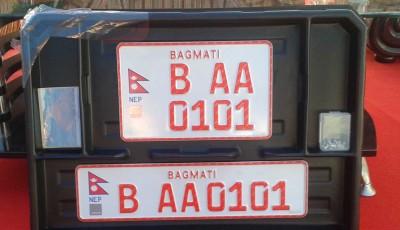
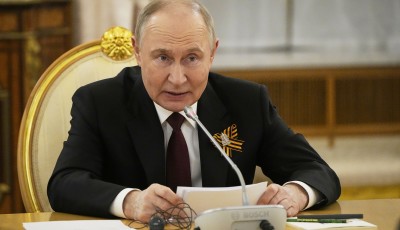
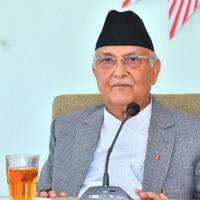
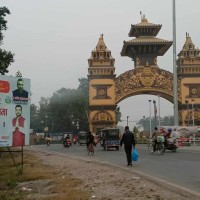

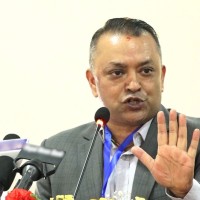

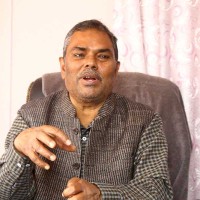
तपाईको प्रतिक्रिया दिनुहोस